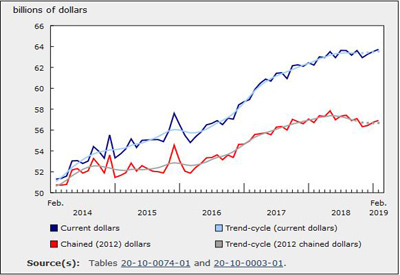Is Branding Becoming a “Winner Take All”?

Nov 15, 2019
By Rick McCarten
Two articles on branding recently caught my attention.
The first was on electric vehicles. Ford Motor Company felt that, as all cars move to electric, the number of moving parts and the complexity of production will simplify, which will result in a reduction in brand importance from 30% to 10%. Your decision to purchase will only be influenced by the brand by 1/10. Nine-tenths of your decision will be based on other factors.
Certainly, there will be more than one way to make an electric vehicle. Any differences will allow companies to separate their brand from others. As an example, one unique way to build an electric car is to send the electricity to four motors that each drive a separate wheel. That reduces the weight and the need for the mechanical distribution of power. Clearly, that would be a selling point over more conventional models but may be not enough for companies to charge a premium.
What Ford is thinking is that taking the complexity out of a product will reduce its mystic. This allows Dyson, who makes electric vacuum cleaners, to also enter the auto industry with the same credibility as Ford and GM. The simpler the production and the more companies use identical parts, the more they will struggle to differentiate their product from everyone else.
The other article, which seems to contradict Ford’s perceptive, was about high-end handbags and clothing. It appears with the softer economy that spending in this area is down. A closer look, however, shows this spending was down overall, across all luxury categories (with one exception). The highest luxury brand in each category tends to be up in sales. Sales for high-end “B” products are down, while the highest-end handbags, shoes, coats, etc. are up. People were opting to spend more money on the “best” products, and not bothering to buy second-tier products.
Contrary to Ford’s perception, branding was proven to be effective.
Years ago, there was an article in Harvard Business Magazine that talked about purchasing behavioural changes. At one point from the 1960s to the 1980s, people who made a certain income drove a certain type of car, lived in a certain neighbourhood, vacationed in certain locations, and so on. Then things began to change. Regardless of their income, people would drive more expensive cars, while others would take expensive vacations. Marketers could no longer match up potential sales to income. Today, that trend has continued and is even more pronounced.
Purchasing is no longer tied to a family’s income. That shows best when you look at the Canadian personal debt ratio. Today, it is higher than it has ever been. People want the best of something, and they will go into debt for it.
Years ago, when families fit into income categories, anyone buying a Cadillac in a working-class neighbourhood would look out of place and be subject to criticism. People would be more subtle about their purchase and opt to perhaps upgrade from a Chev to a Buick instead. Today, it is easy to see one or two BMWs parked in a single-car driveway, regardless of what the neighbourhood people live in is like.
So maybe both articles are true? Ford Motor Company might be right. Branding will be less important to “B” type products; even high-end “B” types products (like Ford’s Lincoln brand) will suffer because there are other higher, more luxurious vehicles on the road.
The other article also may be right: people willing to make a sacrifice will want to go to the top of the list, to “A” type products, or not bother at all.
For products in the marketplace, this means there is a race to get to number one. If you win, you get to choose your margins. If on the other hand you lose, regardless of the attributes you could find yourself in the commodity pack with no choice but to compete on price.
Rick McCarten is VP, Operations, Electro-Federation Canada.











